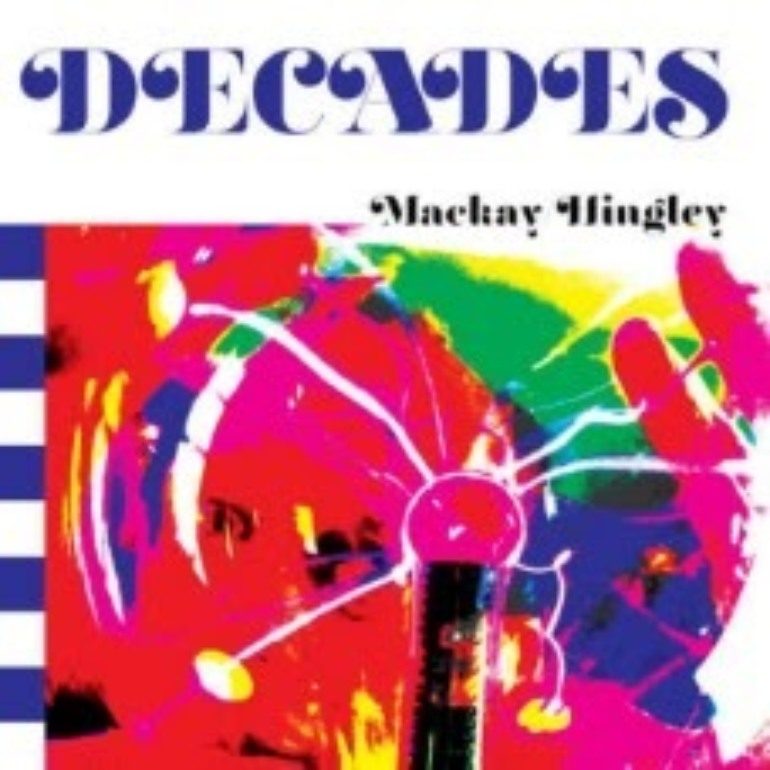

Striking, roguish and raw
Tom Hingley and Gordon MacKay have joined forces for the first time in nearly 40 years to create their newest joint album, Decades. Hingley, who is best known for his tenure as the frontman of Inspiral Carpets, and MacKay of Too Much Texas, have roots in the 1980s British indie rock scene. The two met in that same decade, collaborating together for the formation of Too Much Texas–following the pandemic, though, like many other artists, the two were brought back together through introspection and began to collaborate again after Hingley’s suggestion of creating an album celebrating MacKay’s 60th birthday.
Decades is rather short, clocking in at six tracks. Even so, Hingley and MacKay brought together a formidable team for its backing instrumentals, including MacKay’s son, well-known Oxford instrumentalist Ben Heaney and Scott Bearman-Brown. The album was recorded in 2022 and adhered faithfully to its theme of mourning and remembrance.
“Document 6” is Decades’ opening track, and it’s slow, optimistic, and refreshingly down-to-earth. The track evokes the smooth-sailing atmosphere of Queen’s “Cool Cat”–images of relaxation and cheer are easy to imagine throughout. Hingley’s vocals are delightfully sluggish, as if he’s gently telling a story; additionally, there are subtle hints of violin, giving the track an antique air.
The following tracks–”Ian” and “Angela”–are stark contrasts from this opener as they are about MacKay’s father and sister, who both had recently passed during the pandemic. While each are, again, like a story to be told, both tracks have straightforward lyrics: in “Ian”, Hingley begins with the words “National service caused his partial deafness”, as heavy and hurried acoustics guide him along. Absent is the sense of ease from “Document 6”–”Ian” goes by quickly and immediately begins with more complicated harmonies that surprisingly bring an immediate sense of seriousness. “Angela”, on the other hand, begins with a slow, warm and ethereal guitar melody, with lyrics that are once again descriptive. Both tracks fit neatly with the overall tone of the album, as strings are peppered in here and there, connecting each track with their musicality.
“Tiny Shadow of Love” and “Killing Kittens” both bring back the sense of wonder that “Document 6” had; Hingley sings of an invigorating love, which may or may not be true, but the instrumentals are more simple and draw more focus onto lyrics rather than moving parts. Strings are a striking aspect of these tracks again, functioning at their best in “Tiny Shadow of Love” as they are bright, in unison, and pleasantly quaint. The strings are more wild and unbridled in “Killing Kittens”, opening a possibility to captivate a wider audience.
Keyboard sounds make a surprise entrance on the album’s final track, “The Day Ali Came To Abingdon”, following a formulaic rhythm that is incredibly reminiscent of early 20th century ragtime music. The track stays true to being indirectly connected to MacKay’s life–Ali once visited MacKay’s hometown during his childhood, and while the lyrics lean towards a more fantastical sense of wonder, the album’s cover makes for a thoughtfully nostalgic look into the past. Despite half of Decades being more free-spirited and whimsical, “When Ali Came to Abingdon” seals its identity as a musical compilation of fond memories for both Hingley and MacKay’s upbringings and collaborative eras.
